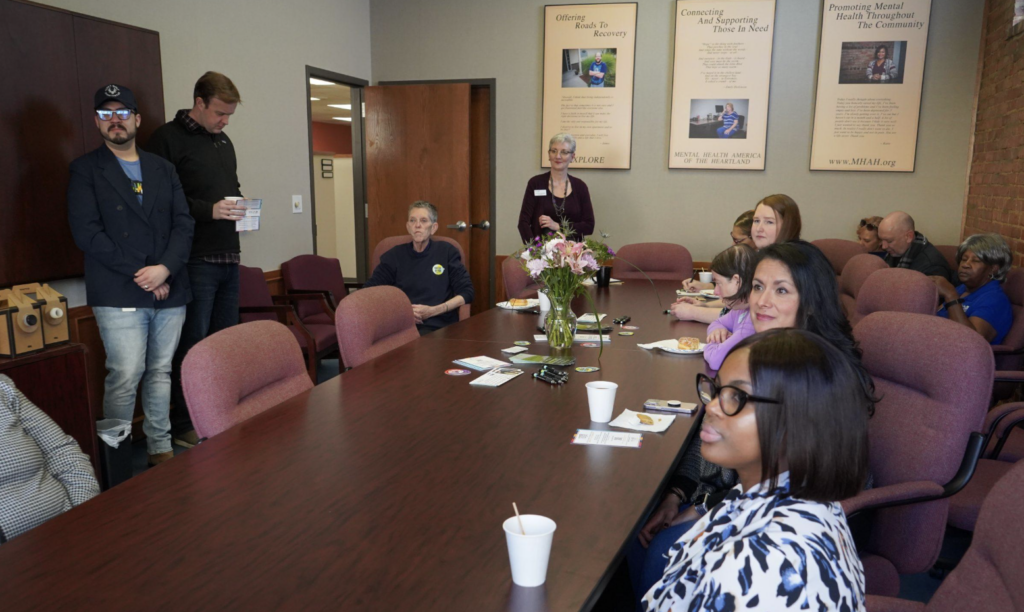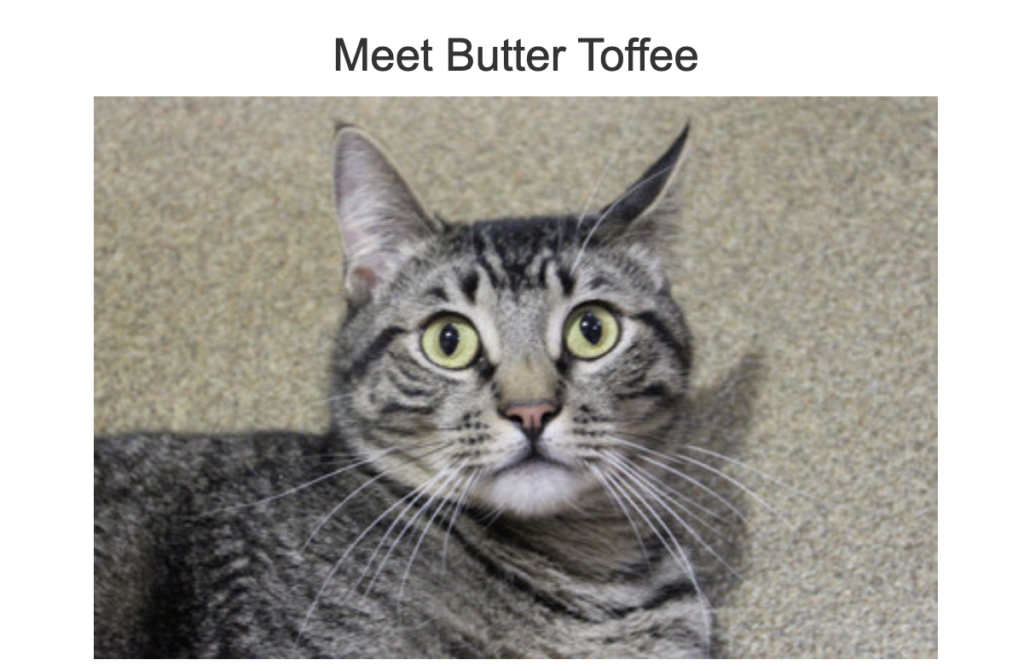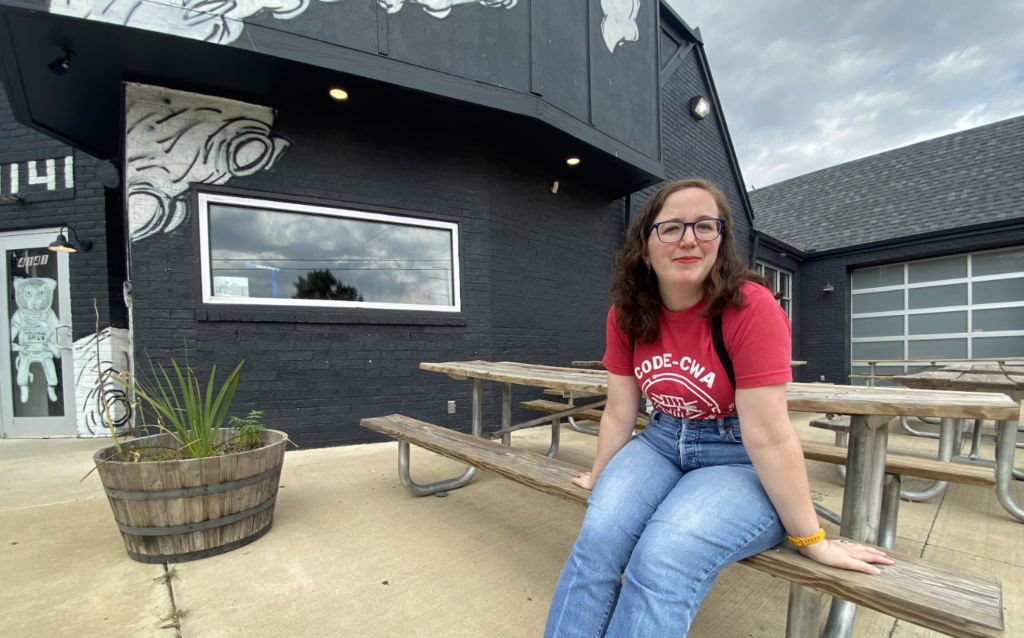Calloway’s Career Catapult: KC G.I.F.T. invests in entrepreneurs from concept to conquest
KC G.I.F.T. (Generating Income For Tomorrow) is equipping Black entrepreneurs with the tools, funding, and mentorship needed to build sustainable businesses.
Through a dual approach—direct financial support and hands-on technical assistance—KC G.I.F.T. offers grants to Black-owned businesses in historically redlined neighborhoods. In addition, it operates a Business Center open to all entrepreneurs. In just five years, the organization awarded $1,839,000 in grants to Black-owned businesses, supported 77 entrepreneurs on Kansas City’s East Side, and helped create 135 new jobs with an average hourly wage of $16.06.
But KC G.I.F.T. isn’t just a grantmaker—it’s a hub for sustainable business development. In addition to financial capital, its Business Center offers free mentorship, training, and back-office support to help business owners grow with confidence and strategy.
“We’re not just giving money, we’re giving strategy,” G.I.F.T. Co-Founder Brandon Calloway says. “The grant money allows them to implement a plan, and the technical assistance helps them deal with the challenges of success.”
For local entrepreneur Ritchie Cherry, the resources available through KC G.I.F.T. laid the foundation for his wellness business, BOXOUT Stress. Cherry received a $15,000 grant in November 2022 and credits G.I.F.T. with accelerating his growth as an entrepreneur.
“I see them as an extra hand to help lead the business in the right direction,” Cherry says. “It definitely brought a lot of exposure to my brand. I’m able to reach out to other networks and organizations all because of G.I.F.T.”
Beyond the financial support, Cherry takes full advantage of G.I.F.T.’s Business Center services. “I got a business coach that I can meet with to help me scale up my business and find other ways to bring in revenue,” he says. “I’ve been able to use the photography services that they offer, so I don’t have to go out and purchase that expensive equipment—that and the web designing, to get my site started.”
“That’s what I’m looking at them as—an extra hand to help… lead the business in the direction that it is,” Cherry adds.
The idea for KC G.I.F.T. was born in the Black Owned Business Kansas City Facebook group in April 2020. It all came together when Calloway saw a post from Houston-based Kansas City native Chris Stewart, who proposed that if the 15,000 group members donated just $10 a month, they could collectively fund Black businesses without waiting on outside institutions.
At the time, Calloway was the Director of Volunteer and Donor Engagement at United Way. He saw parallels between Stewart’s proposal and United Way’s donation model. After reading the post, Calloway reached out. “I sat there for an hour thinking of all the ways this idea wouldn’t work,” he says. “Then I came up with a solution for each one of those things.”
He couldn’t let it go. “If you have a solution for a community and you don’t do anything about it, how is that different from actively tearing the community down?” Calloway says.
Stewart suggested Calloway bring on Cornell Gorman, and within five days of Stewart’s post, the paperwork to launch KC G.I.F.T. had been filed.
To better understand business owners’ needs, the founders conducted surveys across Kansas City. They identified three grant levels—$10,000, $25,000, and $50,000—designed to meet businesses where they are.
These early outreach attempts and surveys were met with excitement from business owners, but also a bit of skepticism. “There’s a really rich history of people saying they want to do something for a Black community, and then that never happens,” says Calloway.
Despite early uncertainty, KC G.I.F.T. quickly proved its commitment. Just three months after the organization was founded, it awarded its first $10,000 grant to Ruby Jean’s Juicery. The nonprofit began distributing monthly grants after that. “People saw we meant what we said,” says Calloway.
Calloway emphasizes a critical distinction: G.I.F.T. offers grants, not loans.
“Grants instead of loans allow us to be intentional about propelling businesses forward so we can close the wealth gap,” he says. “We’re not using the same financial products that helped create that gap in the first place.”
To apply, businesses must meet four basic requirements: be at least 51% Black-owned, located east of Troost Avenue, have generated revenue for at least three months, and submit a detailed growth plan.
The organization’s focus on the East side of Kansas City is intentional. It’s an area with a 75% Black population with 36% poverty. Kansas City’s population on the West side of Troost is 91% white, with 5% poverty.
“It’s a huge gap, a real big gap,” Calloway says. “135 new jobs in four years is great, but if we’re gonna do our part in closing that gap, we gotta take a bigger bite out of that pie.”
KC G.I.F.T. aims to deepen its impact by expanding its donor base to 15,000 monthly contributors—a goal that would allow the organization to dramatically increase its grantmaking and programming.
Eventually, G.I.F.T. hopes to gain enough donor support to expand its area of focus to KCK.
“There are a lot of other areas in the city that have the same challenges. We are hyper-focusing on the East side right now so we can have an impact here. We don’t want to spread too soon and lessen that impact,” Calloway says.






